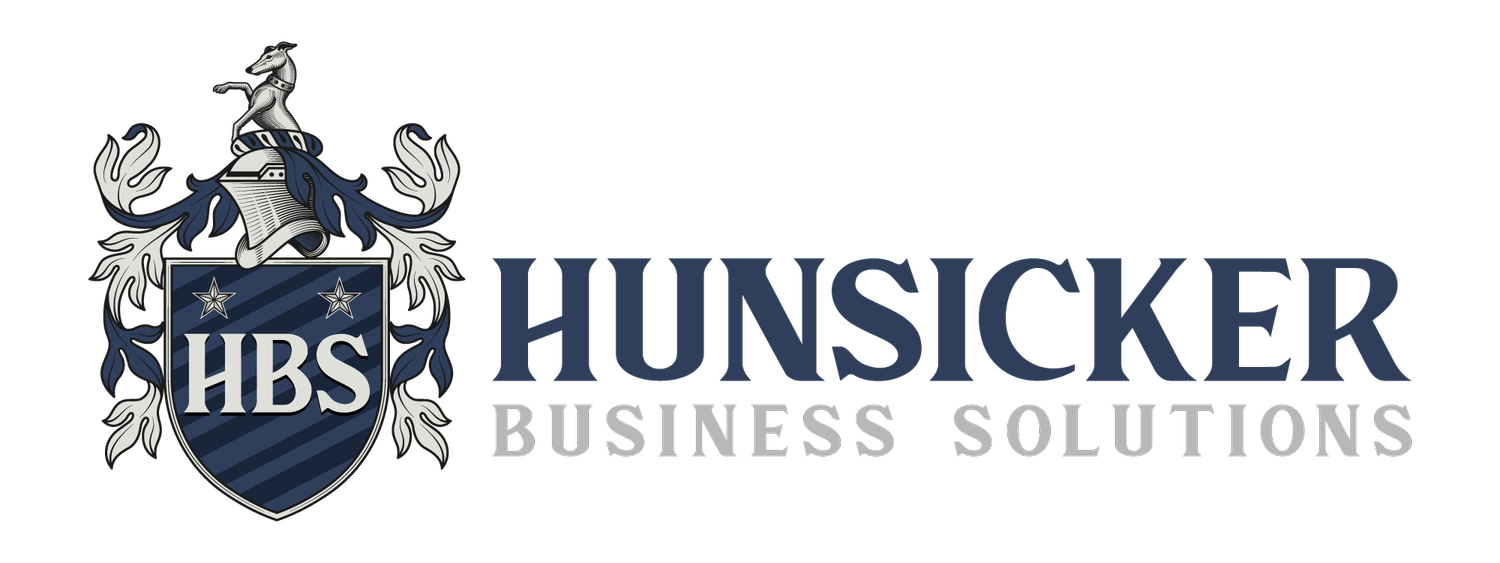The Essential Role of Payroll and HR in Driving Organizational Success
Introduction
Human Resources (HR) and Payroll are crucial functions within any organization, directly impacting employee satisfaction, regulatory compliance, and overall operational efficiency. These departments do more than just process paychecks and hire new staff; they shape the workplace culture and ensure that the business operates smoothly and within the bounds of the law. This article will explore the importance of Payroll and HR in maintaining a productive and compliant workplace environment.
Understanding Payroll and HR Functions
Payroll involves all aspects of paying employees, including salary calculations, deductions, tax withholdings, and ensuring timely and accurate paychecks. HR encompasses a broader range of responsibilities, from recruiting and onboarding to employee engagement, benefits management, performance evaluations, and compliance with employment laws.
Why Payroll and HR are Crucial for Businesses
Ensures Compliance with Employment Laws
Payroll and HR are critical in helping organizations comply with employment laws and regulations. This includes adhering to minimum wage laws, overtime rules, tax withholdings, and family leave acts. Non-compliance can result in hefty fines and legal challenges.
Enhances Employee Satisfaction
Timely and accurate payroll processing is fundamental to employee satisfaction. HR further contributes by addressing employee needs, fostering a positive work environment, and managing benefits and perks that improve the quality of workplace life.
Supports Talent Management
HR plays a pivotal role in talent acquisition, development, and retention strategies. Effective recruitment processes ensure that the right talent is hired. Simultaneously, ongoing training and development initiatives help nurture this talent, and performance management systems ensure that employees continue to grow and contribute positively to the company.
Improves Operational Efficiency
Efficient payroll and HR processes reduce the likelihood of errors and delays, streamline operations, and free up resources that can be redirected towards strategic goals. Automation of payroll and modern HR systems can significantly increase efficiency in these areas.
Facilitates Data-Driven Decision Making
HR departments are rich sources of data that can influence broader business decisions. From turnover rates and hiring costs to employee satisfaction scores and performance metrics, HR data can provide insights that drive better decision-making across the organization.
Mitigates Risks
Effective HR practices help mitigate risks related to employee relations, such as discrimination lawsuits, workplace disputes, and other legal issues. Proactive conflict resolution and fair employment practices are crucial for maintaining a safe and respectful workplace.
The Business Impact of Effective Payroll and HR
Boosts Employee Morale and Productivity
Employees who feel valued and fairly compensated are more likely to be engaged and productive. Efficient HR and payroll systems help build trust and morale by ensuring employees are paid on time and have access to necessary resources and support.
Strengthens Employer Branding
A strong employer brand attracts top talent. Effective HR strategies that promote a positive work culture and offer competitive benefits are essential for enhancing the organization's reputation as an employer of choice.
Supports Scalability
As a business grows, so does its workforce. Scalable HR and payroll systems are crucial for managing an increasing number of employees without sacrificing service quality or compliance.
Enhancing Payroll and HR in Your Organization
Invest in Technology
Leveraging advanced payroll systems and HR software can automate many of the repetitive tasks associated with these functions, reducing errors and increasing efficiency.
Continuous Training
Regular training for HR and payroll staff on the latest regulations, best practices, and technologies is crucial for maintaining compliance and efficiency.
Employee Feedback Systems
Implementing systems to regularly gather employee feedback can help HR departments adjust policies and practices to better meet the needs of the workforce.
